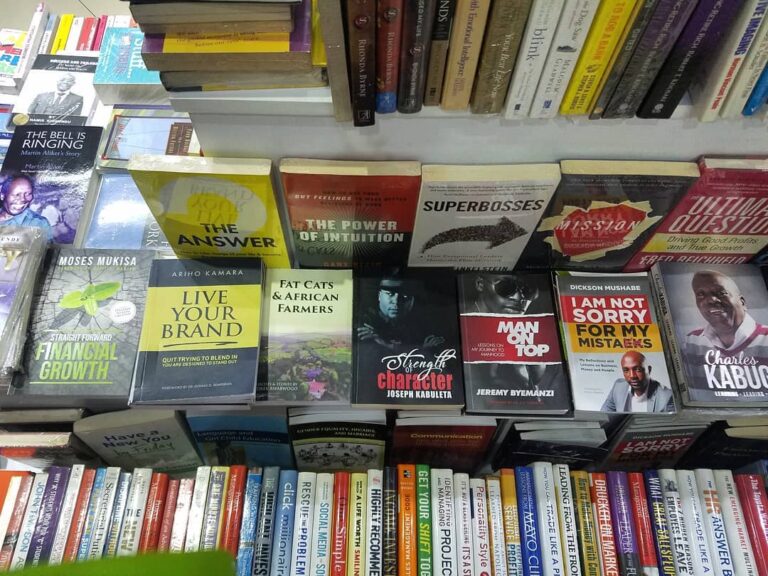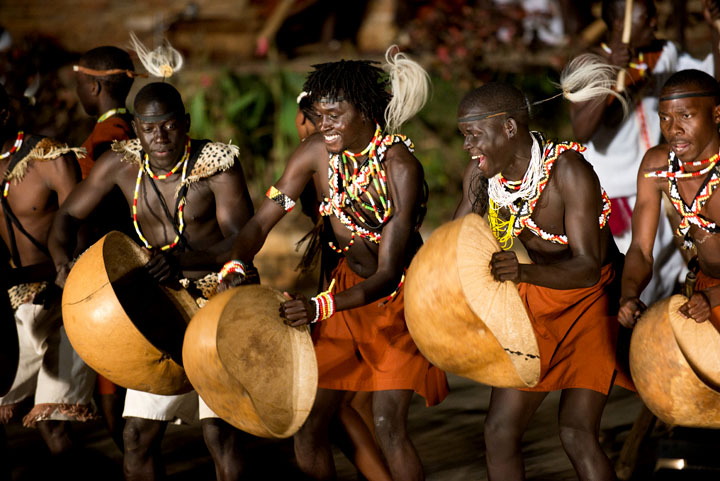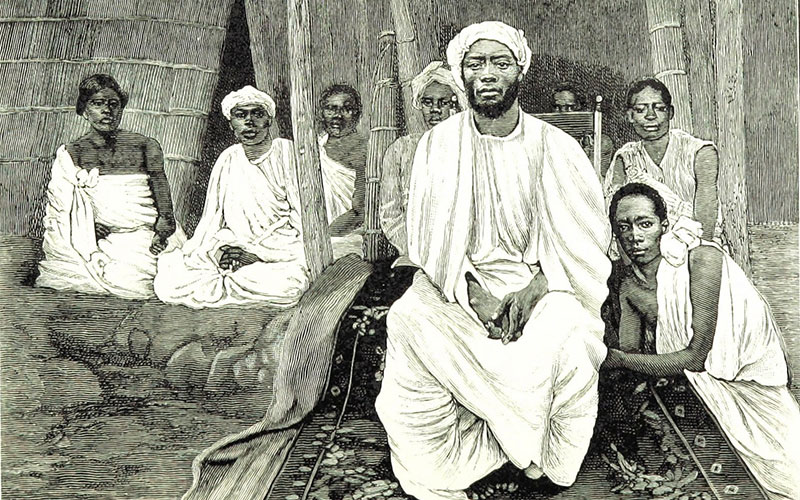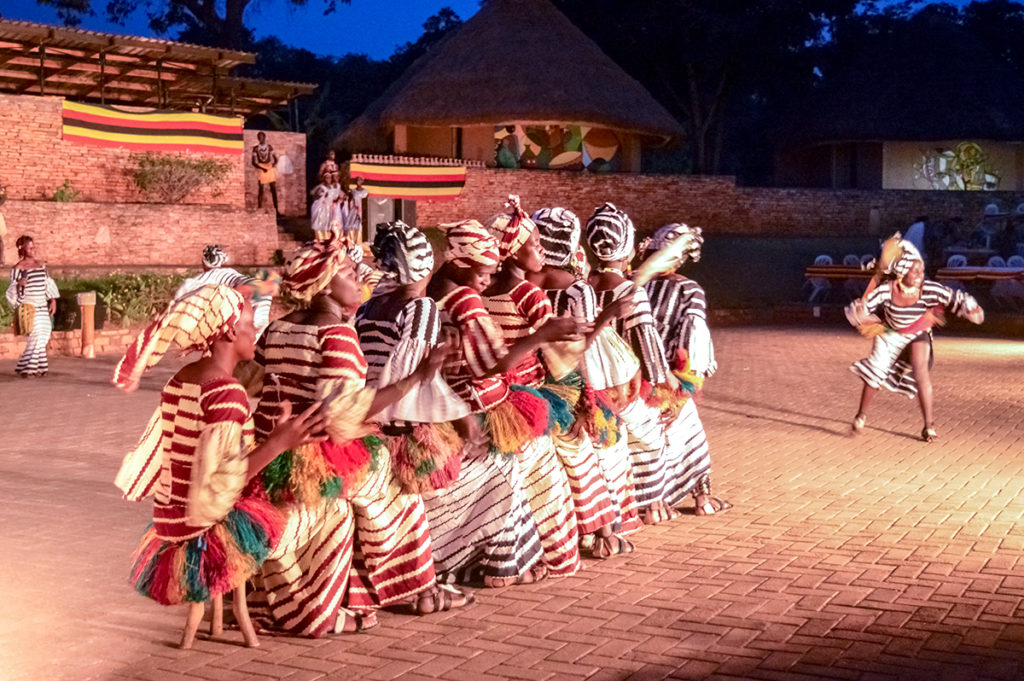Physical Address
Kampala, Uganda.
WhatsApp: +256393256764
Physical Address
Kampala, Uganda.
WhatsApp: +256393256764

Uganda is one of the African countries blessed with beautiful creatures. The people of the community. The beasts of the wilderness. The fish of the lakes. And the trees of the forests. Everything makes Uganda beautiful! However, today we will not talk about the beautiful women and men of Uganda. Or the things to do in Uganda. We will discuss the literature in the Pearl of Africa.
At Bookzeera, we write about Uganda because we want everyone to read Uganda. We buy and sell Uganda literature. And that brings our focus to today’s topic “What makes Ugandan literature beautiful and different?”
[the_ad id=”1564″]
Some people argue that the beauty of Literature lies in the way the story plot is written. The plot could either be touching or provocative given the author’s intentions with the audience. So what makes Ugandan literature beautiful and different from the rest of the world? Well, I discovered a couple of things that make Ugandan books unique. I hope this blog gives you more reasons to read the beautiful literature of Uganda.
For starters, Ugandan literature is composed of four genres. These are the main categories Ugandan writers have found fertile soils like their motherland. The Ugandan genres include:
[the_ad id=”1564″]
The beauty in Ugandan Literature is undeniable. No wonder, it’s the Pearl of Africa. So here are the aspects that I find beautiful about Ugandan Literature:
[the_ad id=”1564″]
Unlike the Western literature, Ugandan literature has an inclusive awareness that emphasizes an artistic use of words as a way to teach important lessons and truths. Ugandan Literature is created with an aim to remind the community of moral values as well as include them in the story telling.
Ugandan literature majorly has its roots in oral tradition. The telling of stories, advice and history to new generations often using mythical and fairytale elements through spoken word. It involves both the material that is spoken and the setting in which it′s spoken.
It employs a popular storytelling technique known as call and response, where the speaker′s statements are punctuated by responses from the audience. Ugandan Literature employs this technique to more than just storytelling. It is used during public gatherings, discussion of civil affairs, and religious rituals.

Many times, readers feel included majorly because authors exploit their cultural values, which they are quite aware of while teaching the cultural beliefs of other various tribes in Uganda they had no idea about. This makes readers understand the similarities and differences within their cultures and the various diverse cultures of other tribes within Uganda.
[the_ad id=”1564″]
The ability to appreciate these different beliefs and norms is imparted into the readers via the vivid descriptions from the author. When you get a chance to read Lak Tar Miyo Kinyero Wi Lobo (White teeth) by author and Poet Okot p’Bitek, an Acholi Poet you get to learn how his culture defines manhood and the notion of bride price, which may be slightly different from your own culture.
Have you heard the chance to listen to or read about Ugandan historical events that happened way before you were in existence? Well, why not grab a book about the beautiful Ugandan history and find out? There is no better way to find out everything that transpired in the history of Uganda than through books.

Ugandan authors portray what their ancestors once went through in their writings. All the way from slavery to independence and beyond. While it has been adapted for modern use, oral tradition is still alive and remains a very meaningful mode of storytelling for many Ugandans where they explore all the events that transpired in the past, vividly walking in the footsteps of their ancestors.
[the_ad id=”1564″]
Ugandan literature makes the reader visit places, experience events, meet people, listen to them, feel their joys and sufferings, all through a piece of writing or a narration. It takes years to acquire so much wisdom that a single book of literary merit instills in a reader. Literature mirrors society and its mannerisms.
It is a mirror to human life and society. It is not only a book or a told tale but also an art that expresses different ways people tend to live their lives. Be it a good or bad role, it is upon the reader to weigh the consequences each character faces in accordance to how they live their lives.
[the_ad id=”1564″]
Have you ever read a story or listened to a recitation that touched you so deeply because you totally relate to it? Yes, that is what Ugandan literature is all about. You will find a context that fits your entire life description and in most cases, you will find yourself drawn into this context that has mirrored your entire life.
‘The burdens’ by John Ruganda is one of the most relatable novels in Ugandan history. It tells a story of a poverty stricken family living in complete lack. All the way from the description of their home to their social status, it screams relatable. How would one resist such melancholic beauty?
Every story and every novel has a cultural aspect attached to it. The beauty in our different cultures is that despite the slight differences, once United, it is the most beautiful bond you will ever see.

The more a reader learns about diverse cultures, he/she gets to understand practices from the different cultures. How best can one create unity if not through understanding every one that surrounds them?
[the_ad id=”1564″]
Ugandan Literature is all about culture and growth. The embrace of civilization was a trying moment for Beautiful Uganda. Imagine having to shift from most of your beliefs to embrace a different and foreign way of life.
When it comes to embracing civilization, many authors have come out with great works on this. Let me point out a poetry piece by the late Okot p’Bitek, one that won him a lot of recognition. ‘The Song of Lawino’ is a poem focused on a housewife who tries to embrace civilization as her husband already did. The struggle through the change is very captivating and breathtaking.
Okot’s choice of words also contain a rare humor but yet carry a very serious message in regards to his culture and the struggle to embrace civilization.
[the_ad id=”1564″]
If there is anything you will remember from this blog, let it be “The beauty in reading Ugandan literature.” Let’s support Ugandan books. Let’s spread Ugandan artwork. Join us in this walk to glory By sharing your story and we share it with the world. In case you know of other factors that make Ugandan literature beautiful, share in the comment box.